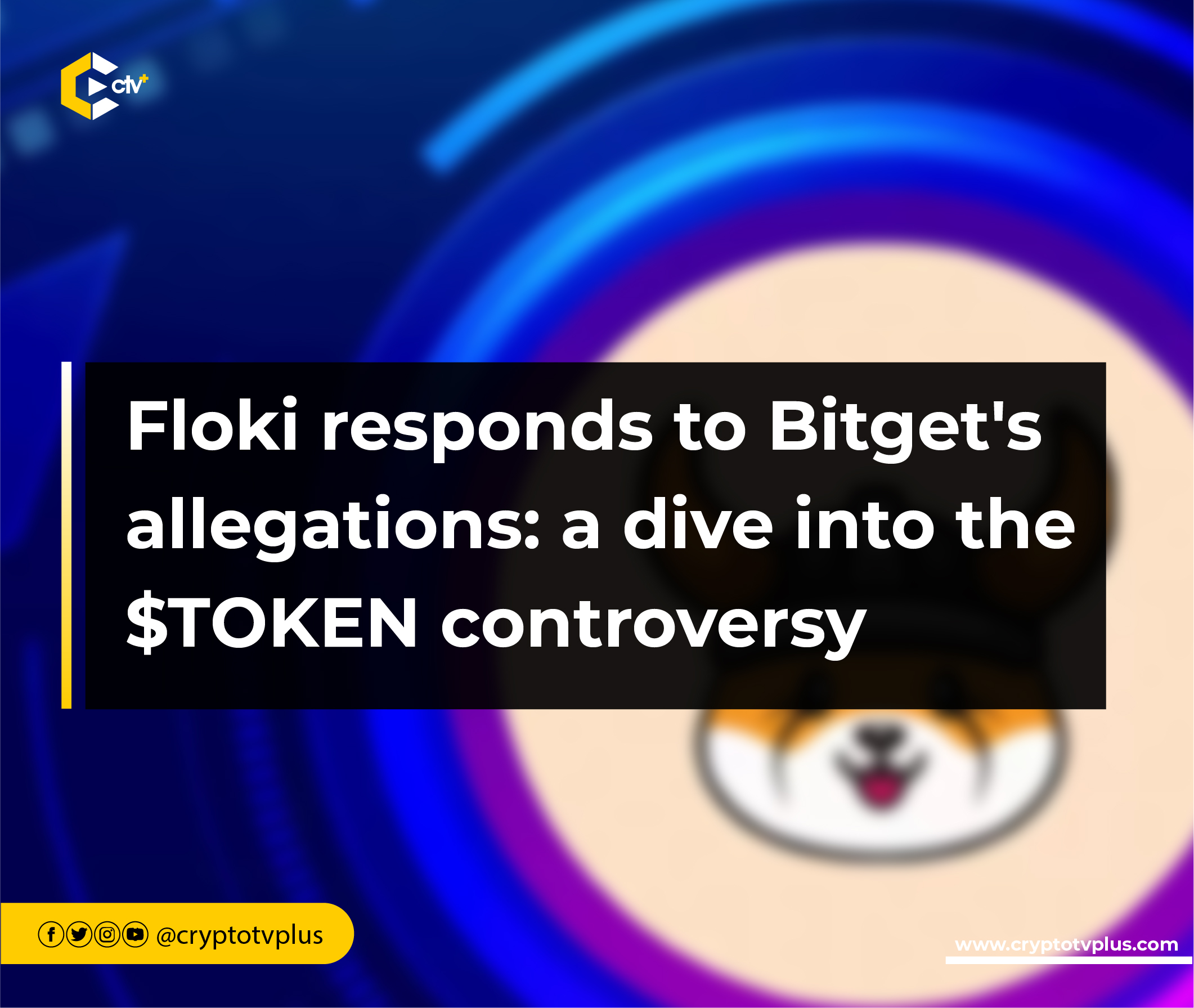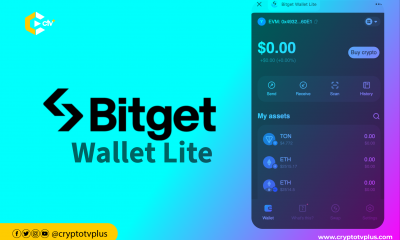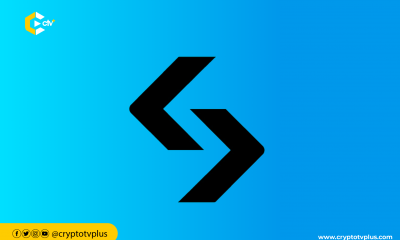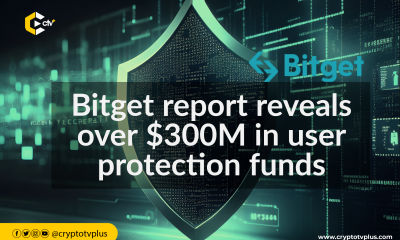News
Floki responds to Bitget’s allegations: a dive into the $TOKEN controversy

In a crypto saga that unfolded recently, meme coin project, Floki, has responded to Bitget’s accusations regarding the listing and trading of $TOKEN. The controversy centers around Bitget’s decision to delist $TOKEN and the subsequent challenges that have emerged, prompting a series of responses from both parties.
To provide a clear understanding of this unfolding situation, Floki put out a comprehensive overview of the events:
Floki’s Proposal
According to Floki, on October 18, 2023, they put forth a DAO proposal, announcing plans for the Floki staking program and a reward token aimed at the tokenization industry. They projected this industry to be worth $16 trillion by 2030. While the specifics of the proposal were initially undisclosed, they referred to the upcoming token as “TokenFi” with the ticker symbol $TOKEN.
Prior to this DAO vote, Floki claimed to have proactively reached out to all their exchange partners, requesting that they refrain from listing TokenFi until seven days after the token’s launch, as they intended to present a DAO vote to authorize the listing.
They further state that they engaged in discussions with several prominent exchanges, some of which expressed a strong interest in $TOKEN, and all of these exchanges, including Bitget, reportedly agreed to Floki’s proposed arrangement to wait for seven days before listing the token.
Bitget’s Controversial Listing
However, in a twist of events, Bitget, which Floki characterized as the smallest among the exchanges with which Floki engaged in discussions, purportedly went against the agreement. Bitget proceeded to announce the listing of $TOKEN almost immediately after Floki unveiled details of the token launch, citing the significant hype surrounding it.
Not only did Bitget go against Floki’s request to delay the listing, but they also listed a version of $TOKEN that Floki claims was unauthorized. According to Floki, Bitget listed a fake version of $TOKEN merely 12 minutes before the official token’s launch on the blockchain.
Despite Floki’s repeated warnings, urging users to refrain from trading any token until a legitimate listing was authorized, especially at the specified time, Bitget’s listing of the unauthorized token generated approximately $50 million in trading volume on their platform within 48 hours.
The Ongoing Dispute and OTC Deal
Bitget initially announced that withdrawals would become available 24 hours after $TOKEN trading began. However, as the price of the token did not drop as expected, Bitget was reportedly left with a substantial deficit of over $10 million. Consequently, Bitget chose not to open withdrawals, leaving users unable to access their assets.
The situation escalated as users across social media, particularly in China where TokenFi is highly popular, voiced their concerns about Bitget’s refusal to process withdrawal requests and the alleged banning of users who complained about the withdrawal issues.
During discussions with Bitget, Floki asserted that Bitget acknowledged their need for up to 1 billion TokenFi tokens to fulfill user withdrawal demands and address their deficit. This amount accounts for roughly 10% of the total TokenFi supply, which was valued at approximately $20 million at that time.
The OTC Deal in Question
To address the issue and protect their community, Floki decided to enter into an over-the-counter (OTC) deal with Bitget. In an attempt to find a resolution, Floki proposed a fair OTC arrangement, which Bitget rejected. Instead, Bitget offered to buy the necessary tokens at a significant 90% discount from market prices at that time.
This action, seen as acting in bad faith by Floki, added further complexity to the situation. It raised concerns about Bitget’s accountability and the protection of its user community.
What Next?
Floki highlighted over six several ill-doings by Bitget and has challenged them to publish verifiable links to their wallets so that users could see their $TOKEN holdings and history. They also stated that they have strong reason to believe that the behavior Bitget exhibited with $TOKEN isn’t restricted to just that token.
We challenge them to publish links to their reserves showing their $FLOKI holdings.
Floki maintains that Bitget’s actions had the potential to disrupt the market, citing the disparity between Bitget’s trading volume and the limited supply of tokens available for trading.
Floki expressed strong concern, emphasizing that users who trade or hold $TOKEN on Bitget are taking a significant risk and are solely responsible for their actions. They pointed out the disturbing patterns they observed in Bitget’s handling of the $TOKEN situation, raising doubts about their risk management practices and overall exchange operations. Floki reiterated their desire to protect their users from any negative consequences that may arise when the true state of Bitget’s solvency is revealed. They emphasized their concern for their users, expressing that they would hate to see them affected once the true state of their solvency is revealed.
Read also: Chiliz Chain’s SportFi, To Enable Secure Fan-Centric Apps
What do you think of this article? Share your thoughts below
























